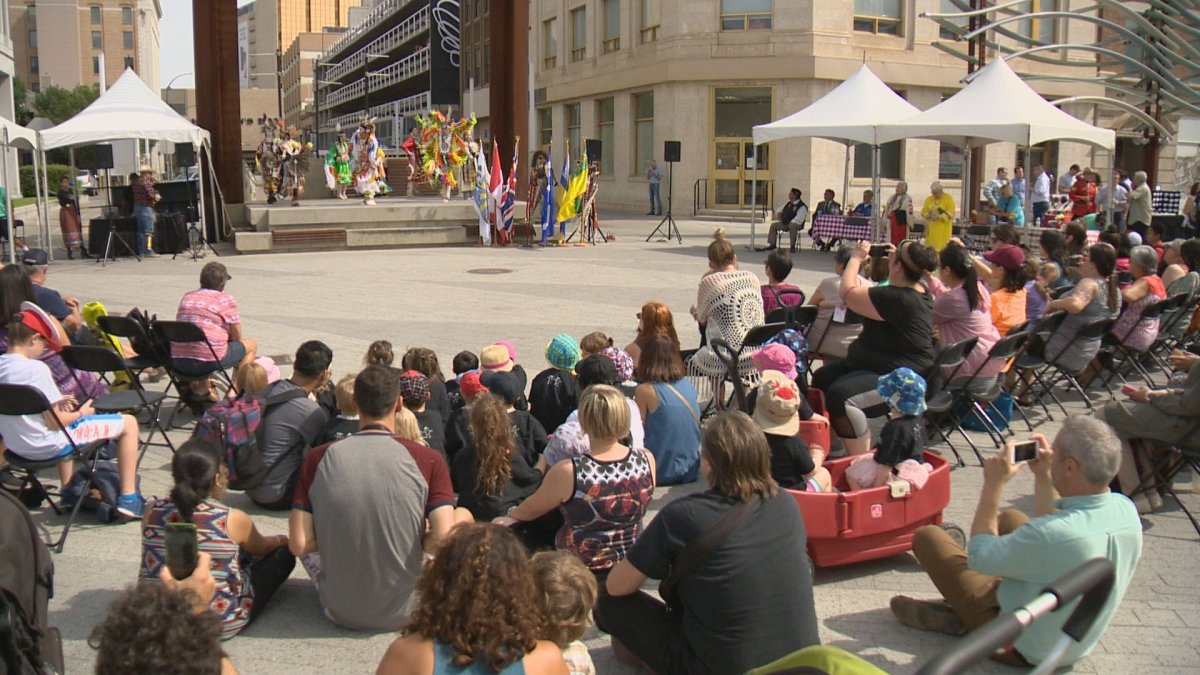The City of Regina has cancelled its National Indigenous Peoples Day celebration to help minimize and prevent the spread of the novel coronavirus.

The event, which takes place in Victoria Park every June, would have marked the city’s eighth year celebrating the day.
“National Indigenous Peoples Day is a tradition in Regina, and it will return,” Mayor Michael Fougere said in a news release Monday.
“It has been a point of pride to see more people and organizations coming together each year as a community to celebrate and acknowledge the unique heritage, diverse cultures and outstanding achievements of First Nations, Inuit and Métis peoples in Canada.”
The city said its top priority is the health, safety and well-being of the community and its employees.
- Life in the forest: How Stanley Park’s longest resident survived a changing landscape
- ‘They knew’: Victims of sexual abuse by youth leader sue Anglican Church
- Bird flu risk to humans an ‘enormous concern,’ WHO says. Here’s what to know
- Buzz kill? Gen Z less interested in coffee than older Canadians, survey shows
It said it will continue to work with internal and external partners on a proactive approach to deal with the novel coronavirus disease, COVID-19. That includes the Saskatchewan Health Authority, the Ministry of Health and the Public Health Agency of Canada.
The city reminds residents to limit indoor and outdoor gatherings to no more than 10 people, except for families in the same household and where critical public and business services are conducted.
Questions about COVID-19? Here are some things you need to know:
Health officials caution against all international travel. Returning travellers across Canada are legally obligated to self-isolate for 14 days, beginning March 26, in case they develop symptoms and to prevent spreading the virus to others. In Saskatchewan, international travellers are already required to self-isolate for 14 days upon their return to the province.
Symptoms can include fever, cough and difficulty breathing — very similar to a cold or flu. Some people can develop a more severe illness. People most at risk of this include older adults and people with severe chronic medical conditions like heart, lung or kidney disease. If you develop symptoms, contact public health authorities.
To prevent the virus from spreading, experts recommend frequent handwashing and coughing into your sleeve. They also recommend minimizing contact with others, staying home as much as possible and maintaining a distance of two metres from other people if you go out.
For full COVID-19 coverage from Global News, click here.












Comments